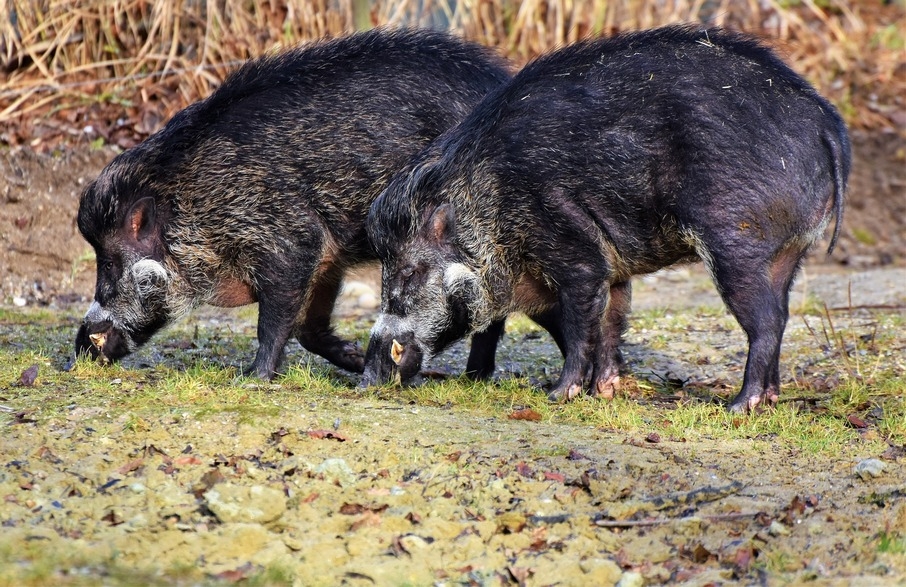ASF Germany: Virus in Hesse likely from eastern Europe

The recent outbreaks of African Swine Fever (ASF) in the states of Hesse and Rhineland-Palatinate are not likely caused by a virus that migrated from east Germany, but from elsewhere in Europe. That was the result of a recent genome analysis.
The analysis was carried out by Germany’s reference lab Friedrich-Loeffler-Institut (FLI). Germany’s leading agricultural title Top Agrarenquired about the strain’s origin, but it appears that it isn’t likely it was brought in from the eastern states Brandenburg or Saxony, where the virus is also present in wild boar populations.
Just like with all outbreaks since 2007 in Europe and Asia, the causative agent is African Swine Fever, genotype II. Yet the particular strain does not exhibit the mutations that are typical for the virus going round in Germany and Poland, a FLI spokesperson confirmed to Top Agrar.
The highest similarity of genome sequences, however, was found with virus strains from south-eastern Europe. Narrowing it down more precisely isn’t possible at present, as a there are not enough current comparative sequences available.
Meanwhile, the number of infected wild boar keeps growing. On Monday, 22 July, Hesse state reported that 39 wild boar (out of a tested 198) were tested positive for the ASF virus. All were found in the district Groß-Gerau. In addition, 2 farms have now been infected in the district, one of 1,100 finisher pigs, another one having just 9 pigs on-site. The 2 infected pig farms bring Germany’s total to 11 since 2020.
In neighbouring Rhineland-Palatinate state, on the other side of the Rhine river bank, 5 infected wild boar carcasses were found in 2 districts. No swine farm has been reported infected from that state.
In neighbouring Poland, every year pig farms report outbreaks during summer, most likely because contaminated hay is brought inside the premises. On Monday, 22 July, the count was at 23 infected farms, the largest of which had 2,766 pigs on-site. In total, since the 1st outbreak of ASF in Poland in 2014, now 531 farms have reported ASF.
Read also
Wheat in Southern Brazil Impacted by Dry Weather and Frosts
Oilseed Industry. Leaders and Strategies in the Times of a Great Change
Black Sea & Danube Region: Oilseed and Vegoil Markets Within Ongoing Transfor...
Serbia. The drought will cause extremely high losses for farmers this year
2023/24 Safrinha Corn in Brazil 91% Harvested
Write to us
Our manager will contact you soon



